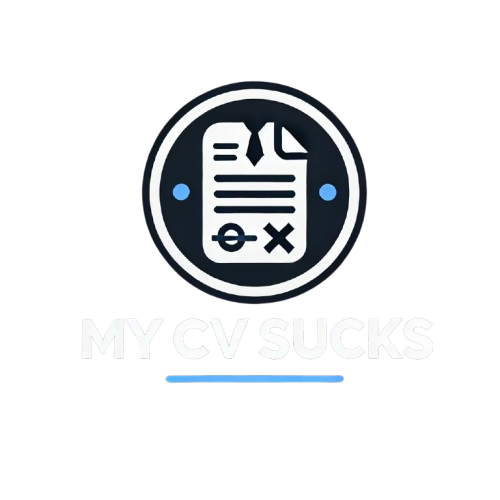interview tips
Ace the Interview: How to Handle Difficult Questions About Employment Gaps in the UK

Ace the Interview: How to Handle Difficult Questions About Employment Gaps in the UK
Addressing employment gaps during a job interview in the UK can feel daunting. However, with the right preparation and approach, you can transform a potential stumbling block into an opportunity to showcase your resilience and valuable skills. This guide provides you with practical strategies on how to handle difficult interview questions about gaps in employment history, ensuring you present yourself in the best possible light. Remember, honesty is key, but strategic framing is essential.
Understanding the Employer's Perspective
Before crafting your response, it’s crucial to understand why employers ask about employment gaps. They aren't trying to catch you out; they're trying to understand your career trajectory and assess your suitability for the role. Potential concerns might include:
- Skills atrophy: Have your skills become outdated during the gap?
- Commitment issues: Does the gap indicate a lack of commitment to employment?
- Underlying issues: Could there be personal issues affecting your work performance?
By anticipating these concerns, you can proactively address them in your response.
How to Address Employment Gaps Head-On
The key is to be transparent, concise, and positive. Avoid vague or evasive answers. Here’s a structured approach:
-
Acknowledge the Gap: Briefly acknowledge the gap without dwelling on it. For example: "Yes, there is a period of [Number] months/years between [Previous Role] and my most recent role. I'd be happy to explain."
-
Provide Context (Without Over-Explaining): Offer a brief, honest explanation, focusing on the positive aspects. Avoid unnecessary detail. Examples:
- Returning to Education: "I decided to pursue further education and completed a [Course Name] at [Institution Name], enhancing my skills in [Relevant Skills]."
- Career Break for Family Reasons: "I took some time to focus on family responsibilities, specifically [brief explanation - e.g., caring for a family member]."
- Travel/Personal Development: "I took a planned career break to travel and gain new perspectives, which significantly broadened my understanding of [relevant area]." Only use this if it truly adds value. Focus on skills gained.
- Redundancy or Job Search: "After being made redundant from my previous role at [Previous Company], I took the opportunity to focus on my job search and upskill in [Relevant area]."
-
Highlight Relevant Skills & Achievements: Connect your experience during the gap (even seemingly unrelated activities) to the job requirements. Did you volunteer? Develop new skills? Manage a household budget? Each experience provides transferable skills.
-
Demonstrate Enthusiasm for the New Role: End by expressing your enthusiasm for the opportunity and your readiness to contribute to the company.
Common Questions and How to Answer Them
Here are some common interview questions about employment gaps and how to respond effectively:
"Why is there a gap in your employment history?"
- Good Answer: (Use the structured approach above, tailoring it to your specific situation. Emphasize skills gained or personal growth.)
"What were you doing during that time?"
- Good Answer: Avoid overly detailed explanations. Focus on transferable skills and positive outcomes.
"Are you concerned that this gap might affect your ability to perform this role?"
- Good Answer: "While I understand your concern, I believe the skills and experience I gained during that period, such as [mention specific skills], have actually prepared me well for this role. I am confident in my ability to perform all its duties effectively."
"What did you learn from this period?"
- Good Answer: Focus on the lessons learned and how they've made you a stronger candidate.
Using Your CV to Mitigate the Gap
Your CV plays a crucial role in addressing employment gaps. Use clear and concise language, and consider using a functional or combination CV format to highlight skills and accomplishments rather than strictly chronological employment history. Remember to quantify your achievements whenever possible. If you need help optimizing your CV to highlight your skills and minimize the impact of employment gaps, use our free ATS resume analysis tool at https://www.mycvsucks.com. This tool will help identify areas for improvement and ensure your CV is ATS-friendly.
Practice Makes Perfect
Practice answering these questions out loud, refining your responses until they sound natural and confident. Role-play with a friend or family member to receive constructive feedback.
Remember, a career break doesn't define you. It's an opportunity to showcase your adaptability, resilience, and ability to learn and grow. By preparing thoroughly and presenting yourself confidently, you can successfully navigate this aspect of the interview process and land your dream job.
Need help making your CV shine? Our free ATS resume analysis tool at https://www.mycvsucks.com can help you identify and fix any weaknesses. Get started today and boost your chances of success!
Ready to Build a Winning CV?
Take the next step in your career. Register today and get 10 free tokens to start optimizing your resume instantly.
